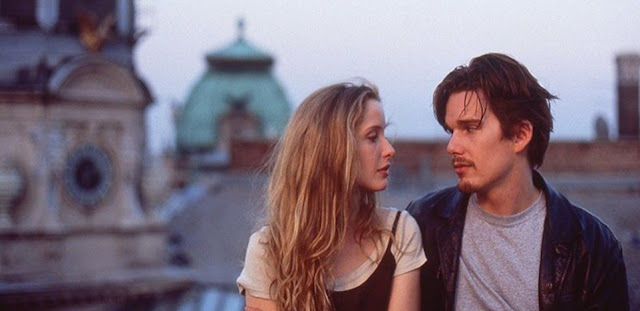Letters
'Those Delicious Letters' filled me with want for all those lip smacking dishes and 'saudade' - the presence of an absence - for the lost love of letter writing. I wish to reread a physical copy of this book - slowly and steadily - and try out all the recipes listed out in it. My version of Julia & Julia - all dishes Indian, Bengali to be precise. There's a bit of similarity between Bengali and Odia cuisines, so I'm sure our tastebuds won't mind. Anyway I need a personal goal, like something that I do just for my own self, not following some trend etc. There's nothing wrong with that, just I wanna have something that I can call my own. Like people have come up with ReadingIndia challenges, reading a book set in a different state of the country every next month, and sharing reviews, lists, reading guides (I love the guide feature in Instagram.) etc.
After a month and half of our marriage, I discovered Sagii's letter in the gift box. A short one, but it made me so emotional. She was the one whom almost all my letters were addressed to, except a few secret crushes here and there.









Comments
Post a Comment